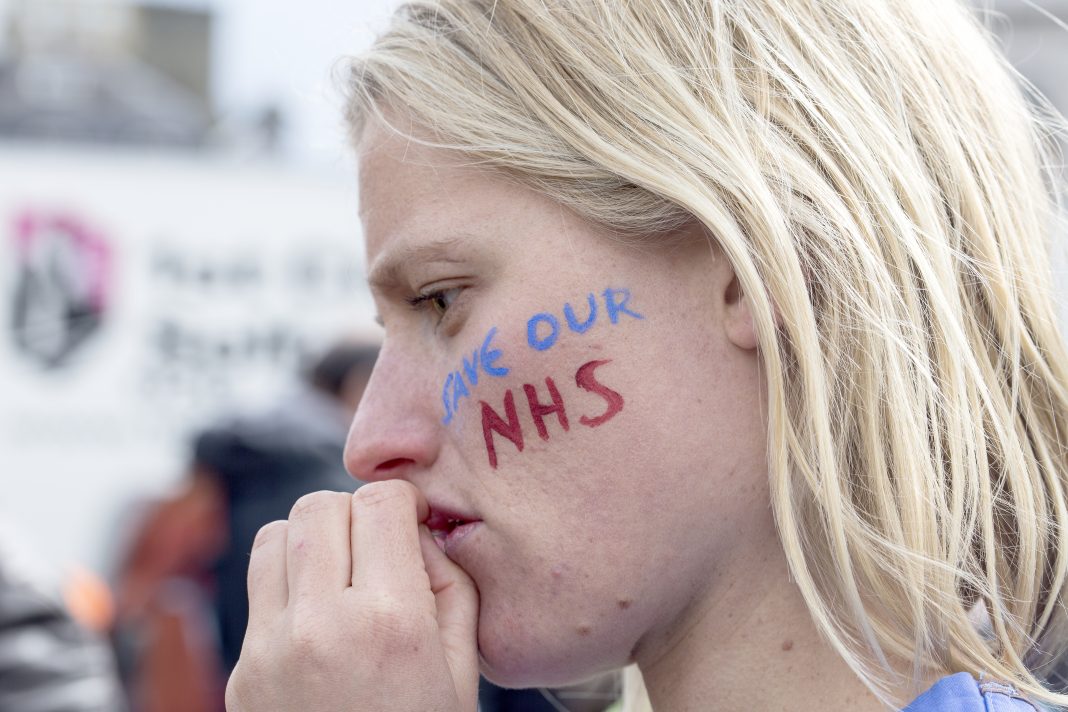Jonathan Patrick, CEO of Consultant Connect, discusses what it will take to save the NHS and the realities behind a tech revolution
Consultant Connect’s technology has sparked an NHS “tech revolution” – but is it enough to save the NHS?
Jonathan Patrick explains that Consultant Connect creates software that allows an NHS consultant to reduce a hospital waiting list from hundreds of miles away. For example, an NHS consultant in Blackpool can triage waiting lists 135 miles away in Coventry. This supports the NHS by providing a crucial extra resource of “care anywhere” to deal with the COVID-19 backlog.
Essentially, the triage service fast-tracks the most urgent cases to a hospital appointment. Less urgent cases are returned to primary care with advice on dealing with them. This eases the workload on hospitals.
A tech revolution sounds great, but is the government supporting this revolution to save the NHS?
“The NHS is a unique healthcare system. Its fundamental principle is to be free at the point of access, meaning it’s the most financially- and personnel-stressed healthcare environment in the world. The only hope for the NHS in the long term is to try new things and invest in technology. The government must support innovation so that we can save the NHS. So, yes, the government is supporting the revolution.
“However, it can’t support all innovations – the technology has to be credible and help the NHS achieve its goals. It has to help patients get better care, enable limited staff resources to do more with their time and help save money. If you can prove your tech does those things, the NHS will invest.
‘Tech tends to catch fire on a small scale first’
“Tech tends to catch fire on a small scale first. Although a lot of care is similar, there are meaningful differences in every NHS area and every NHS Trust. The government has historically been burned when trying to change things centrally using a ‘one size fits all’ model, so it often gives local NHS areas the freedom to invest in innovation locally.
“Of course, innovation takes a lot of effort, so we see areas being incentivised to make the effort and take risks through a mixture of carrot and stick. The carrot is financial incentives, such as innovation grants, awards, and pots of money that Trusts can access. The stick is to threaten to put areas in special measures, which sees government intervention to help resolve outstanding problems.
“Successful local projects can have a large impact leading to regional expansion and, from there, into other regions. That’s how Consultant Connect grew. In 2015, we launched our first project with North-East Essex, covering around 300,000 patients. Now, we’re knocking on the door of 40 million patients across the UK.”

How does the NHS measure up to other countries’ healthcare providers regarding tech innovation?
“In short, the NHS compares well with other national healthcare systems. This is obviously out of necessity – our system is arguably the most challenged in the world, so has the most to gain from innovation. But that has translated into action and we should be very proud of the level and speed of tech adoption in the NHS over the past 10 years or so. In some areas, we are well ahead of our peers.
“We don’t lead on everything and there are some great examples where we could do more. In France, for example, Doctolib has revolutionised the healthcare experience through their end-to-end tech platform. In America, our parent company Teladoc are leaders in virtual whole-person care. Teladoc’s impact on virtual healthcare around the world is unmatched and we’re proud to be a part of them, exporting our best ideas to America and importing their best ideas here.”
Is the future looking positive for a tech revolution to save the NHS? Or does it rely on mass government funding?
“The future looks positive for the tech revolution, and it might just save the NHS! Unless we change the remit of our health service, the only way we are sustainably going to continue to deliver free healthcare without massively raising taxes is through technology.
‘The future looks positive for the tech revolution in the NHS’
“We’re already seeing the huge impact of technology on the NHS – everything, from constantly improving electronic patient records to artificial intelligence in dermatology is being implemented. It means that clinicians can continue to give patients the care they deserve more quickly, more efficiently, to a higher standard.
“A lot of NHS funding is not specifically allocated to innovation. Regions have the flexibility to allocate money to tech as they see fit. Those making budget decisions always have to consider a trade-off. Do we spend the money on extra clinicians, or do we spend it on technology that will help current clinicians work more effectively?
“We’re broadly happy with the regional approach to healthcare here in the UK. One thing the NHS could improve at is sharing technology across Trusts. They need to make it easier for impactful technology to be adopted more quickly. I’d like to see a ‘pathfinder’s prize’ for organisations that unlock the potential of innovation locally followed by other areas being offered the budget to roll that innovation out swiftly.”
In all your time working for the NHS, what one single piece of advice would you offer to someone joining the NHS?
“In order for your project to be successful in the long-term, you must charge money for it. So, my advice is ‘don’t do stuff for free’.
‘Don’t do stuff for free’
“I often see providers of new technology offering free pilots and free trials. Whilst there are a few examples of projects that went on to build sustainable businesses from free trials, there are far more examples of companies going bust.
“At some point, if you want your technology to be implemented sustainably, somebody is going to have to pay for it. It’s important to make sure you figure out your business model early and charge money for your product from the get-go.”
This piece is a written interview with Jonathan Patrick, CEO of Consultant Connect.











